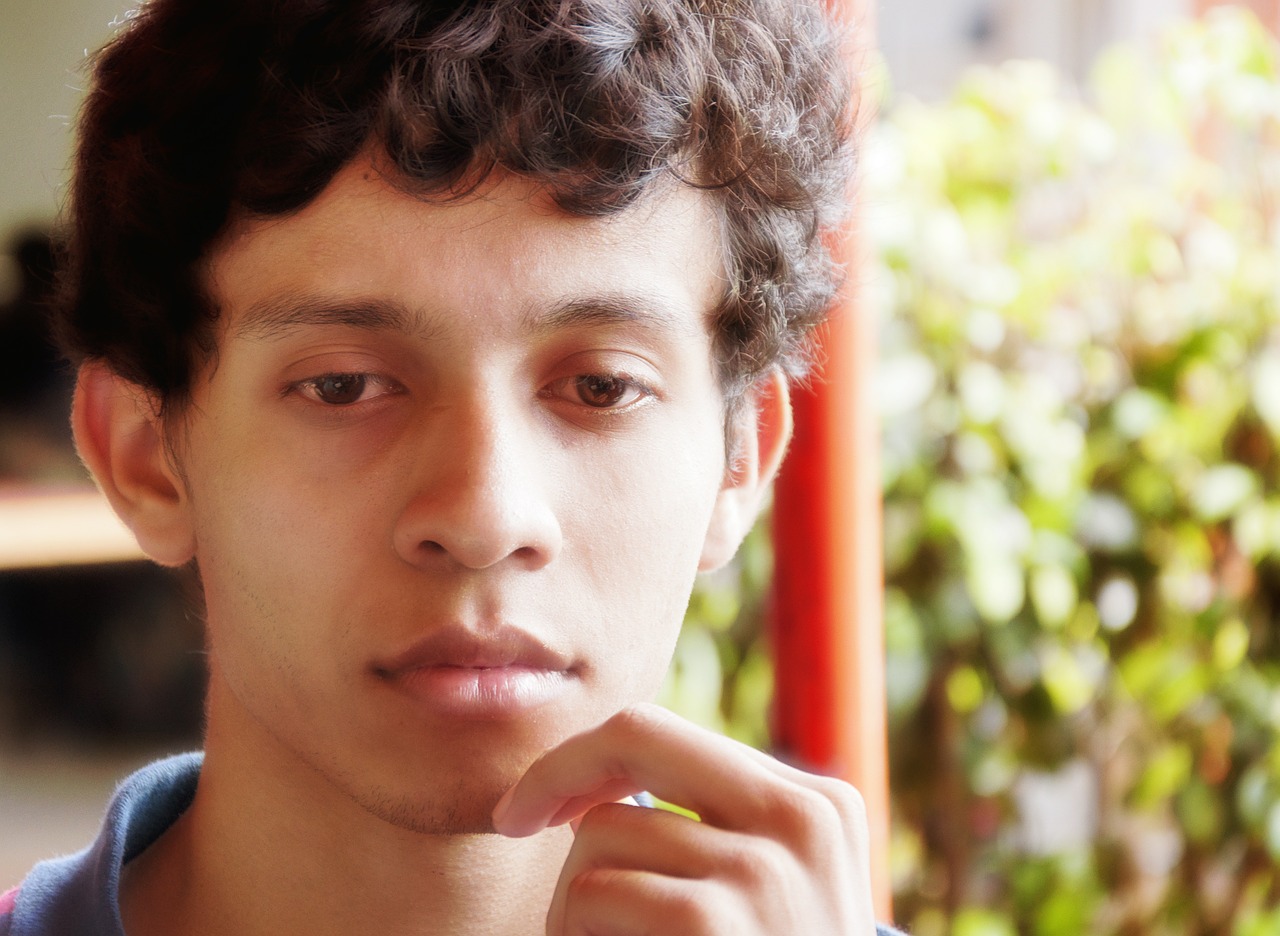How many of us have heard of the phrase “waiting for the other shoe to drop”? Many of us have experienced feeling anxiety for a possibly imminent disaster and stressing nonstop over it. Studies now suggest that uncertainty of not knowing about things to come is actually worse than knowing for sure whether a certain event will happen or not.
A study by a research team from the University College London looked at 45 subjects playing a game in which they had to guess whether there was a snake under a rock and then turn the rock over. If there was a snake underneath, they would be given a small electric shock to the hand. The chance of discovering a snake also changed, resulting in different levels of uncertainty for the subjects.
Image Source: Lynn Koenig
Whereas a computer model measured the level of uncertainty, the levels of stress were measured by perspiration, dilation of pupils, and reports from the subjects themselves. After analyzing the data, the researchers confirmed that the levels of stress corresponded highly to levels of uncertainty, in comparison to a 0% or 100% chance of receiving a shock. Subjects were more stressed when they did not know whether to expect a shock or not. Furthermore, those subjects whose levels of stress did correspond with levels of uncertainty were better at predicting whether a shock was on the way or not, suggesting that stress may help us in determining risks.
This principle may be familiar to many of us in our everyday lives. It happens when we’re waiting for test results or medical reports, or being anxious over possibly being late to an event. In moderation, stress can help us in various ways, perhaps most importantly with survival. However, in excess, it prevents us from actually carrying out our work. So, remember to try to stress a little bit less, even when you’re waiting for the other shoe to drop, and know that whatever will be, will be.
Feature Image Source: ambroochizafer










